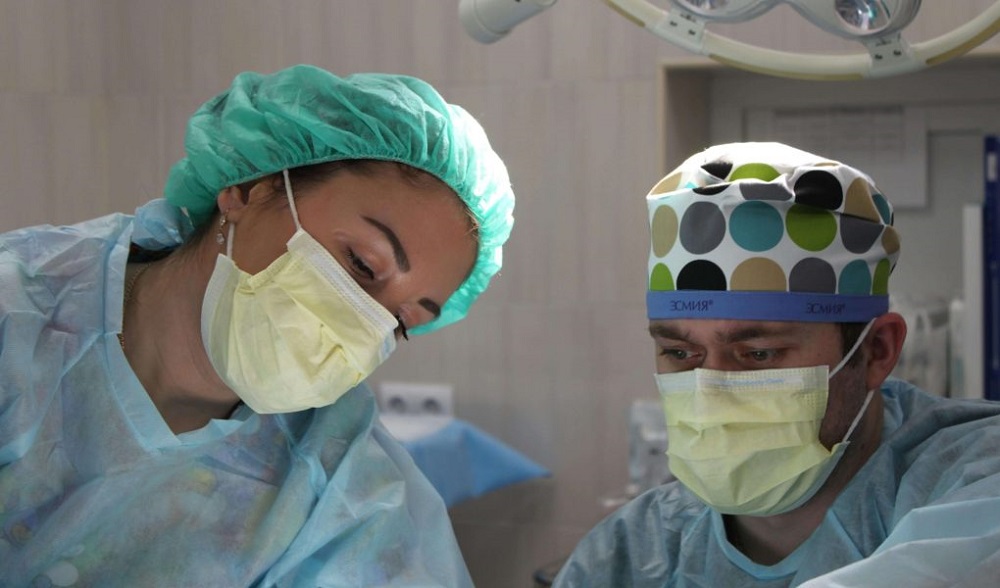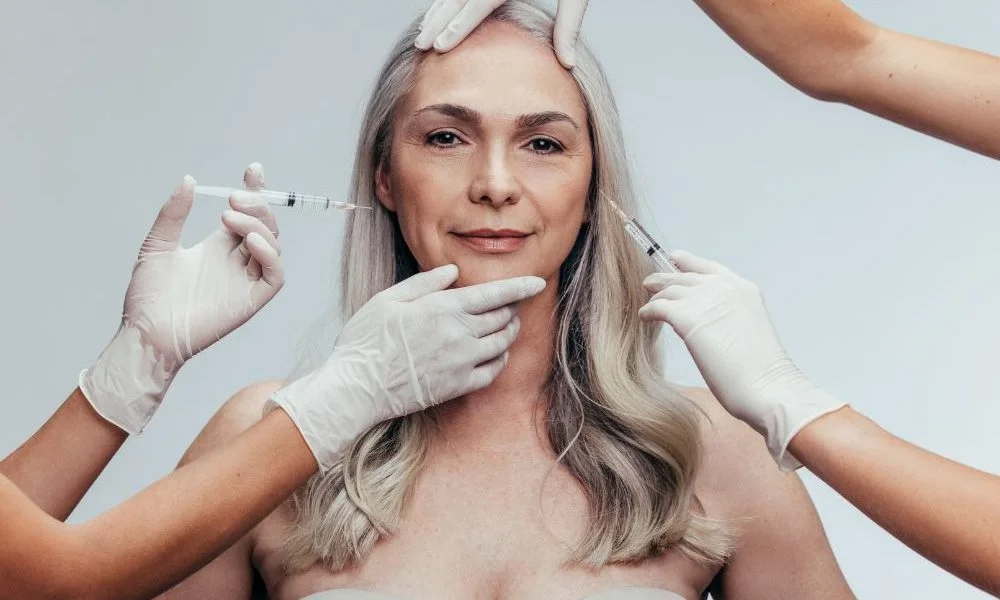
Breast augmentation is a big decision. It can change how you look and feel about yourself. But before you go ahead, there are some important things to think about. This article will help you understand what to consider before getting a breast augmentation.
- Understand the Procedure and Its Long-Term Commitment
Breast augmentation is not just a one-time thing. It involves surgery, and like any surgery, it comes with risks and a need for future care.
Surgery and Recovery
The surgery itself involves placing implants under your breast tissue or chest muscles. This can take a few hours, and you will need time to recover. You might feel sore and need to take it easy for a few weeks. It’s important to follow your doctor’s advice during this time.
Long-Term Care
Dr. Michael Edwards, President of the American Society for Aesthetic Plastic Surgery, says, “It’s crucial for patients to have realistic expectations and understand that breast augmentation is not a one-time procedure. Implants may need to be replaced or revised over time” (American Society for Aesthetic Plastic Surgery). This means you might need more surgeries in the future to replace or fix your implants.
A study in the Plastic and Reconstructive Surgery Journal found that while most patients were happy with their implants, there were risks like capsular contracture (where scar tissue forms around the implant) and implant rupture. Regular check-ups with your doctor are important to catch any problems early.
- Choose the Right Size and Type of Implant
Choosing the right implant is a big part of the process. You need to think about what will look good on your body and fit your lifestyle.
Size and Shape
Dr. Garth Fisher, a renowned plastic surgeon, advises, “Choosing the right size and type of implant is essential. It should complement your body shape and lifestyle, not just follow a trend” (Harper’s Bazaar). This means you should pick an implant size that looks natural on you and feels comfortable.
Types of Implants
There are different types of implants, like silicone and saline. Each has its pros and cons. Silicone implants feel more like natural breast tissue, but if they leak, it can be harder to detect. Saline implants are filled with saltwater, and if they leak, your body can absorb the saline safely. For more details on the options available and what might be right for you, Quinn Plastic Surgery provides helpful insights into the different types of breast implants.
A report in the Aesthetic Surgery Journal reviewed Breast Implant Illness (BII), where some patients reported feeling sick after getting implants. While there is no solid proof linking implants to these symptoms, it’s something to be aware of and discuss with your doctor.
- Think About Your Future Health and Lifestyle
Breast augmentation can affect your health and lifestyle in ways you might not expect.
Breastfeeding
If you plan to have children and breastfeed, you need to know that implants can sometimes make breastfeeding harder. Dr. Sheila Nazarian, a board-certified plastic surgeon, says, “Patients should consider the potential impact on breastfeeding and mammograms. These are important aspects of long-term health and wellness” (RealSelf).
Mammograms
Implants can also make it harder to get clear mammogram images, which are important for detecting breast cancer. You might need extra X-rays to get a good look at your breast tissue.
Personal Experience
When I was considering breast augmentation, I talked to a friend who had gone through it. She told me how her implants made it a bit tricky to breastfeed her baby. She also mentioned needing extra mammogram images. Her experience helped me understand the long-term impact of the surgery.
Conclusion
Getting a breast augmentation is a big decision that requires careful thought. You need to understand the procedure and its long-term commitment, choose the right size and type of implant, and think about your future health and lifestyle. Consulting with a board-certified plastic surgeon, like Dr. Lara Devgan suggests, is a critical step to make sure you are well-informed and making the best choice for yourself (Vogue).
Remember, this decision is deeply personal. Take your time, do your research, and talk to professionals to ensure you are making the best choice for your body and your future.



